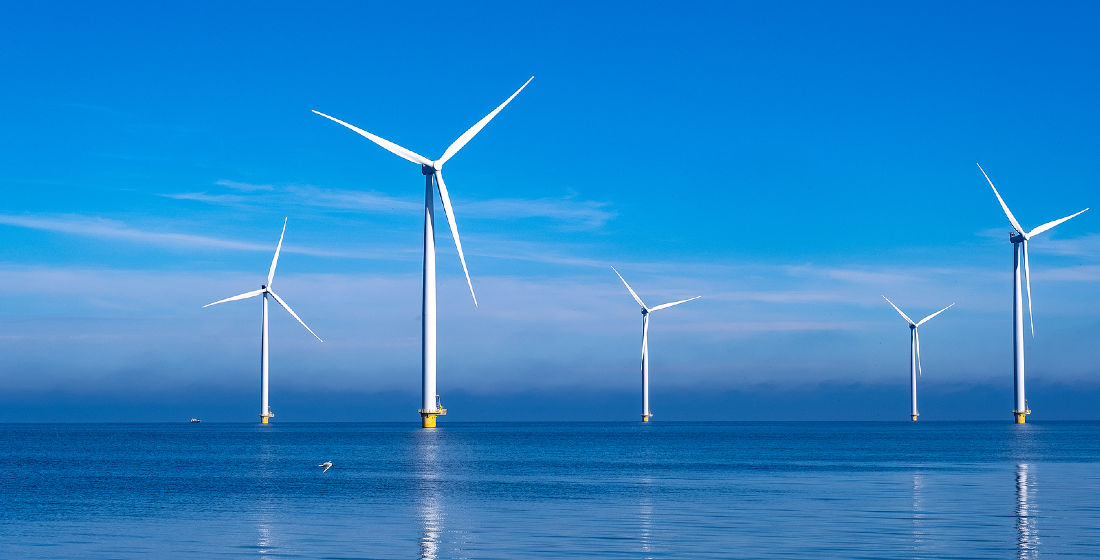EIB mulls ban on funding airport expansions
The European Investment Bank could withdraw support for new airports, according to a draft climate roapmap. The bank, however, is set to keep funding motorways, as well as approving investments under the old rules until 2022.
According to the EIB’s leadership and European Commission President Ursula von der Leyen, the bank should become “the EU’s climate bank” and a new strategy seeks to align the lender’s investment planning with the Paris Agreement by the end of 2020. That process began last year, when the EIB updated its energy lending policy, which sought to scrub the bank’s loan books of fossil fuel projects. Exemptions remain but the review earned plaudits for redirecting money towards renewable energy and other low-carbon projects.
Half of the bank’s lending will be targeted exclusively towards climate projects by 2025 but the other 50% will need to be “Paris-proofed”, according to the EIB. On 11 November, its directors will consider adopting the new climate plan.
A draft version seen by EURACTIV shows that “support will be withdrawn from airport capacity expansion and conventionally‐fuelled aircraft”. That is a key ask of civil society groups, which penned an open letter to the EIB in June with their wishlist of climate measures. The bank will instead focus investments on improving the efficiency and environmental footprints of existing hubs. Over the last three years, €4 billion was invested in airports.
In terms of research and development investments, the lender will cease support for technologies like the internal combustion engine and fossil-fuelled propulsion for ships and planes.
But the EIB will not pull the plug on funding motorway expansion. Instead, “an adapted economic test for large projects” will be carried out and aim to exclude roadways that rely on big short-term increases in traffic volumes to turn a profit.
Road transport is the main contributor to the sector’s increasing greenhouse gas emissions and EIB funding of new motorway builds has been heavily criticised by climate activists.




